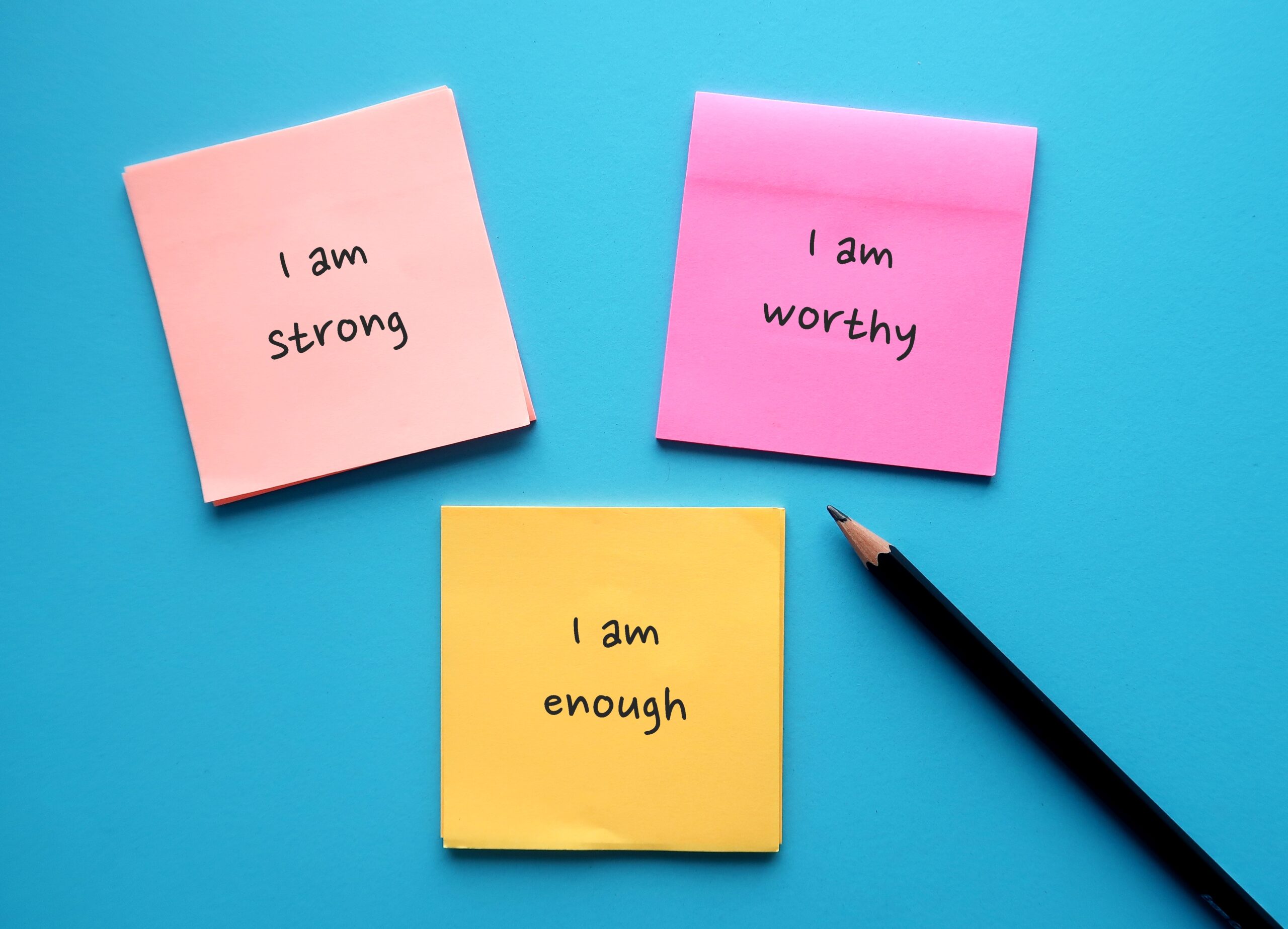Not good enough.
Not smart enough.
Not pretty enough. No one wants to be with you.
To most, these are not foreign phrases. While we may not hear them every day, we have certainly encountered them at some point in our lives. Maybe they were heard during a toxic relationship, said by a hyper-critical, overly-cruel, and emotionally-devoid partner. I would like to believe that anyone who has heard anything even remotely resembling such viciousness would immediately leave this partnership. But what happens when these words originate from within and are self-directed? What do you do when the toxicity is coming from you? We refer to this as the critical inner voice. Granted, it may not always be so callous, but it is certainly not alien. The critical inner voice “is a well-integrated pattern of destructive thoughts towards ourselves and others.” (from http://www.psychalive.org/critical-inner-voice). This author believes this voice to be the root of our destructive behavior that dissuades us from pursuing endeavors out of our comfort zone, thus robbing us of our self-confidence. Our same confidence allows for us to grow as people and venture into unchartered territory, be it a new relationship, career pursuit, or even a new outfit. The critical voice and the negative self-talk that it brings stands in complete opposition to self-encouragement and positive self-esteem and robs us of our faith in ourselves.
This voice was borne of our life experiences. It has taken shape from our parents, caretakers, siblings, and others with whom we have come into contact. It was once there to keep us safe and protect us from potential harm. Somehow, over time, this once-cautionary voice morphed into a negative self-view that has handicapped our world view and our self-esteem. It can manifest as anxiety, depression, and psychological illness, and can often be crippling.
None of us are immune to this critical voice and it is insidious in the way it intertwines itself in our thoughts. This was the situation I faced. My inner voice had become so enmeshed in my mind and my self-worth that I could not recognize it as separate and distinct.
Enter my Life Coach. It was with her help and guidance that I began to peel back the layers of this volatile relationship and learn the boundaries of this voice. What triggered it to come forth? What purpose did it serve? As it began to separate from my thoughts, the amorphous inner critic began to take shape. I named him Ralph. I used visualization to give life to Ralph. In my mind’s eye, Ralph was a smug, know-it-all type whose arms were perpetually across his chest, and with a permanent “I told you so” on his lips. As I learned more and more to separate him from my self-esteem, I began to challenge his nay-saying ways. When he foretold of my demise, I asked him to cite instances and give me references (in true Law and Order fashion). I put the burden of proof on him. Often he couldn’t respond with proper evidence and Ralph was silenced, albeit temporarily. These little triumphs allowed me to start reclaiming my confidence. He could be proven wrong! Still more work was needed. I rolled up my metaphorical sleeves. Instead of being on the defensive, I used affirmations to help me be proactive. My Life Coach helped me to see the areas that provoked the greatest reaction from Ralph. I started there first. Often, it was hard for me to stand in the mirror and repeat these sentences over and over. And so I would write them on post-it notes and put them in my planner, next to my computer, and even in my lunch bag. I was reminded of the power of these words and was making positive strides.
My negative self-talk was starting to abate. In my final and most-difficult strategy, I began to consider Ralph as someone who was this way because he was hurting. I have always taught my girls to treat those that may be unkind to them with greater care, as sometimes they just need a little more love. I needed to do the same for Ralph. I began to hold space for him, speaking to him compassionately and without judgment. I listened to Ralph. I heard his pain and I realized that it was mine. It was self-compassion that was needed. I needed to hold space for myself—without judgment and with kindness. I could try new things, I could take risks, and it was ok to fail. Failure meant learning and learning led to growth. In this way, my critical inner self became my greatest lesson. Ralph is still with me, but we have reached a point of understanding. He has become an ally.

Very interesting points you have remarked, thanks for putting up.Raise range